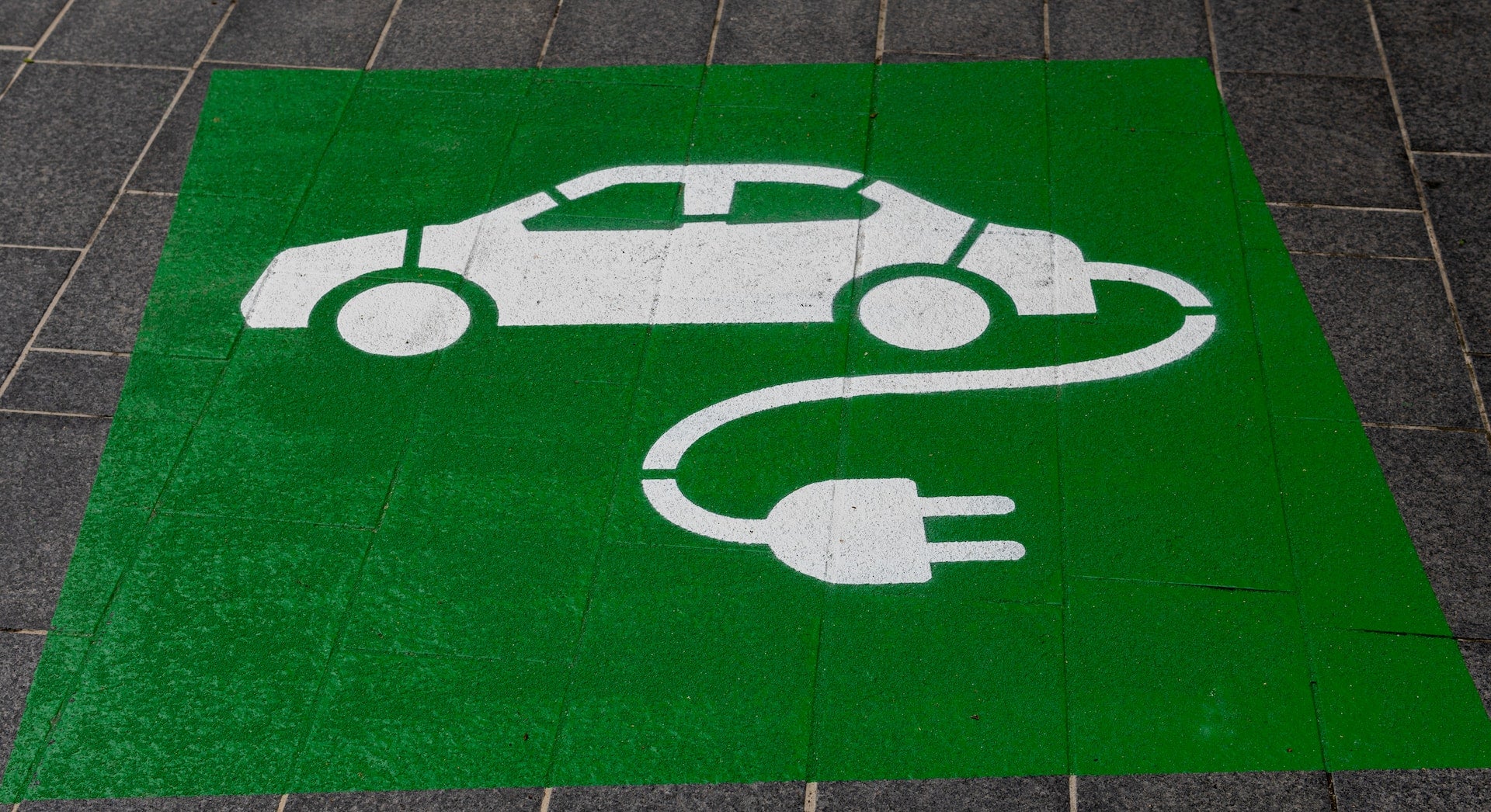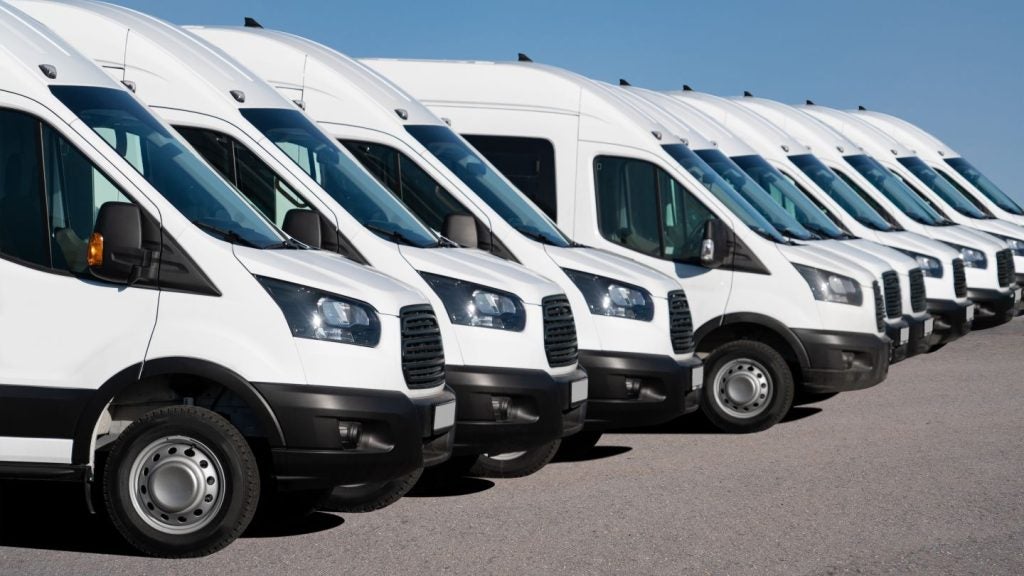
British EV charging and energy technology business, Indra, today released findings from a national survey into the latest attitudes and opinions of UK drivers towards electric vehicles (EVs), EV charging and electrification.
Findings from the survey suggest that perceived running and purchase costs are putting the brakes on greater EV adoption, meaning thousands of drivers could be missing out on significant cost savings and environmental benefits from switching their petrol and diesel vehicles for electric models.
The survey of over 2,000 UK drivers reveals that despite almost half (47%) worrying about the environmental impact of driving a petrol or diesel vehicle, costs remain the largest barrier to purchasing an EV, with only 30% of respondents likely to buy an electric car in the next 12 months. 50% cited price as the biggest barrier, although less than a third (30%) said they were concerned with the lack of public charging points.
The survey also revealed that many drivers believe petrol cars are the most cost-effective mode of transport over the next 6-12 months (37%), followed by public transport (18%) and diesel engine vehicles (18%). EVs came fourth place, with only 16% of those polled believing them to be the cheapest way to travel.
The research also revealed that over 59% of those surveyed overestimated the cost of charging an EV, with some believing it could amount to £150-£200 for a single charge.
The average cost of fuelling a petrol 1.5-litre vehicle is £74 for a full tank, equating to approximately 16p per mile. This compares to the average cost to charge a family-sized EV with a 64kWh battery from empty, estimated to be around £21 (based on calculations for charging an EV Powertrain Kia Niro with a 64.8 kWh battery on an E.ON Net Flex rate of 32.81p/kWh) when using a standard charger on a standard variable energy tariff.
How well do you really know your competitors?
Access the most comprehensive Company Profiles on the market, powered by GlobalData. Save hours of research. Gain competitive edge.

Thank you!
Your download email will arrive shortly
Not ready to buy yet? Download a free sample
We are confident about the unique quality of our Company Profiles. However, we want you to make the most beneficial decision for your business, so we offer a free sample that you can download by submitting the below form
By GlobalDataAnd with the advent of EV-specific tariffs, such as OVO’s Charge Anytime tariff at 10p per kWh accessed using a smart home charger such as the Indra Smart PRO, this could drop to below £7 for a full charge, equating to 2p a mile. This means that drivers of petrol vehicles are paying up to eight times more per mile to run their vehicle compared to an EV equivalent.
Mike Schooling, founder and chief product officer at Indra, said:
“It is already significantly cheaper to run an EV compared to a petrol or diesel vehicle, and this will only improve as we move towards widespread adoption of bidirectional or V2X charging,” explains Mike.
“Bidirectional charging technology takes savings on transport costs to whole new level, enabling EV drivers to not only capitalise on cheaper energy tariffs and lower-carbon energy but also discharge surplus energy from their vehicles to either power their homes or even trade it back to the grid at peak energy times when prices are typically at their highest.”
Indra, who conducted the survey, is a stakeholder in bidirectional charging, having invested in it.
With 61% of drivers admitting they feel they have no control over their home energy bills and 65% believing that turning off appliances is the only way to reduce them, almost half (49%) said bidirectional charging would tempt them to buy an EV.
Although this technology is not yet available outside of trials, Indra is one of several businesses in this space that have been granted government-backed funding from the V2X Innovation Programme to help enable large-scale adoption of this technology.
“Bidirectional charging will fundamentally change the way we view and interact with energy and our cars and vans. EVs will effectively become mobile batteries on wheels for harnessing, storing and then using greener, cheaper energy to power our homes or sell back to the grid,” added Schooling.
“In the future, we will no longer be tied to a traditional energy infrastructure, but will be able to access, trade and share energy. This means that EVs and bidirectional charging could play a hugely significant role in creating a flexible, sustainable energy eco-system and enabling the government to achieve its net zero ambitions.”
Ex-fleet electric vehicles take twice as long to sell to dealers as ICE







